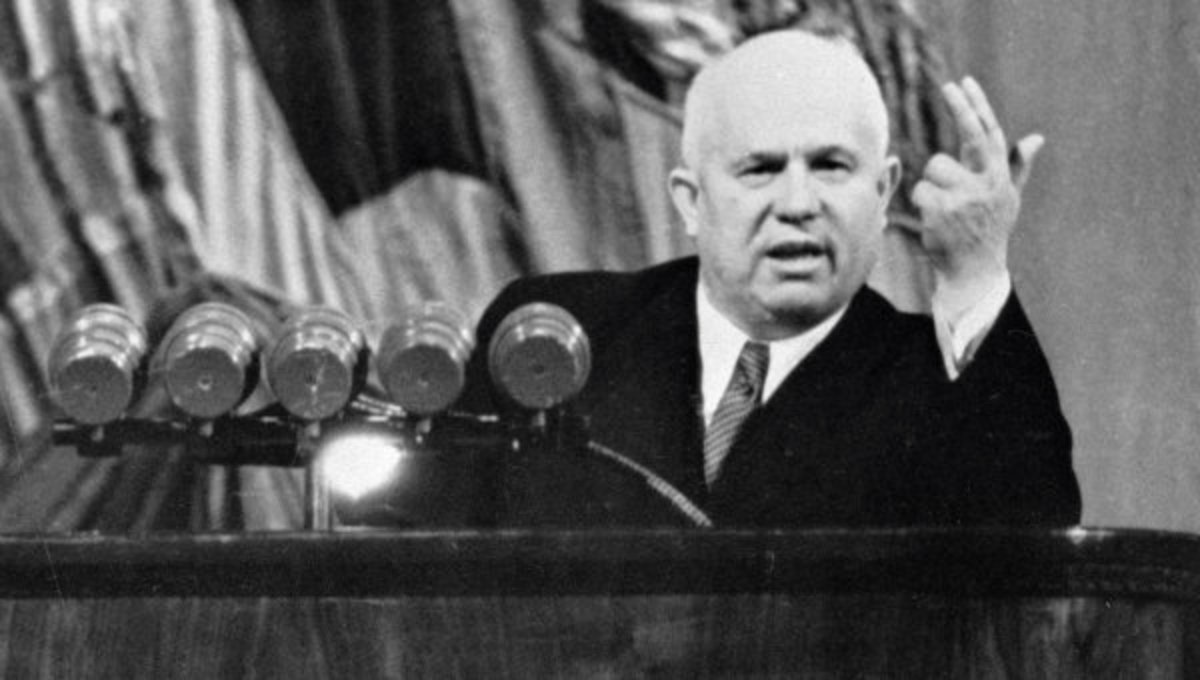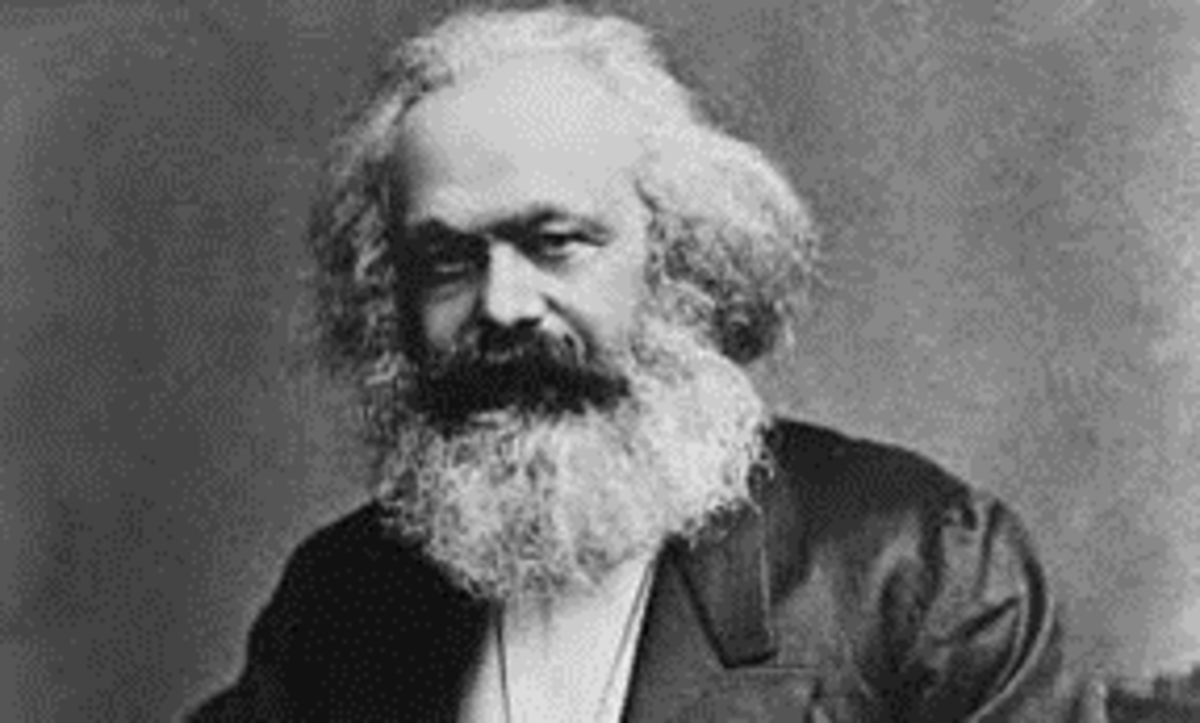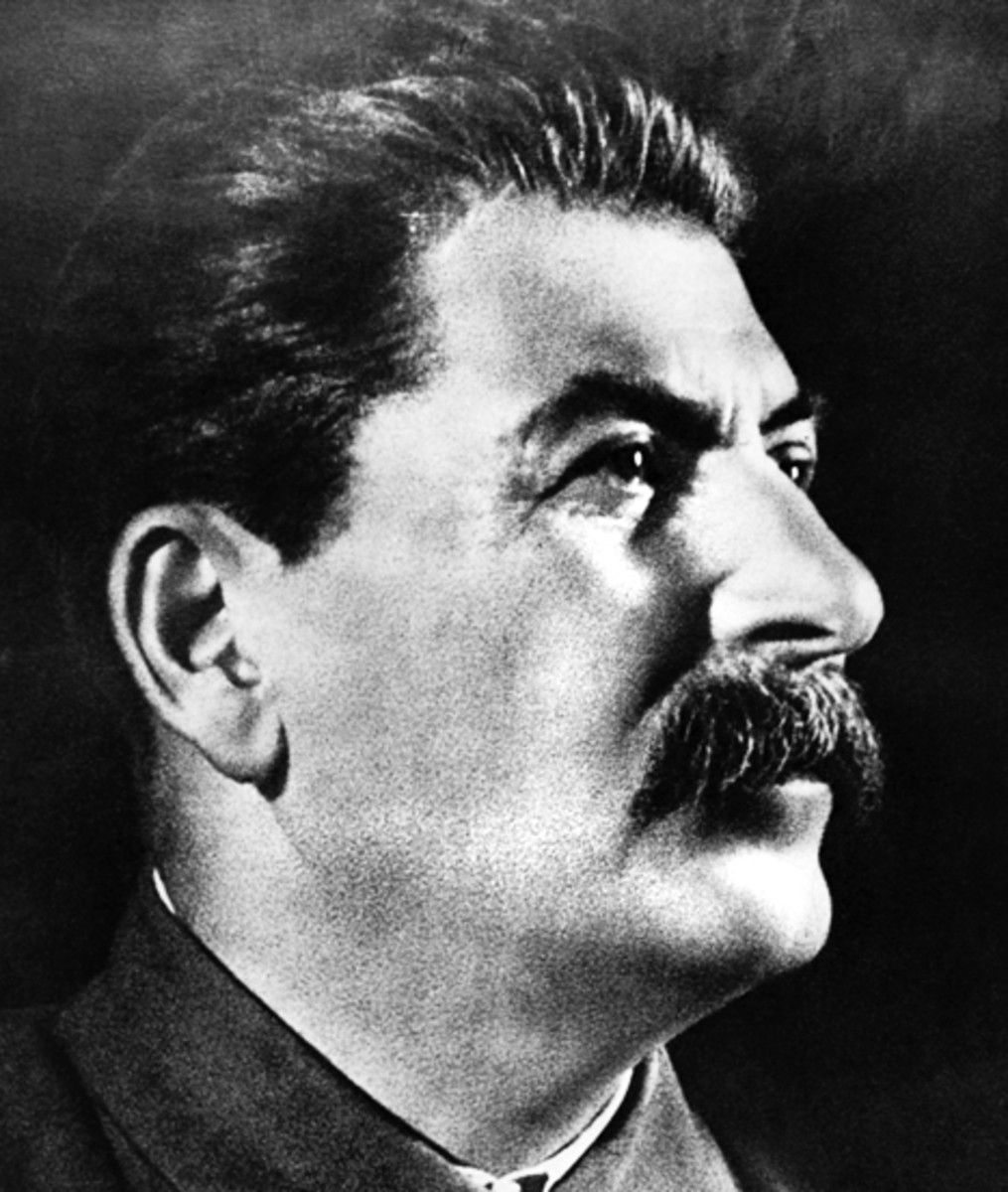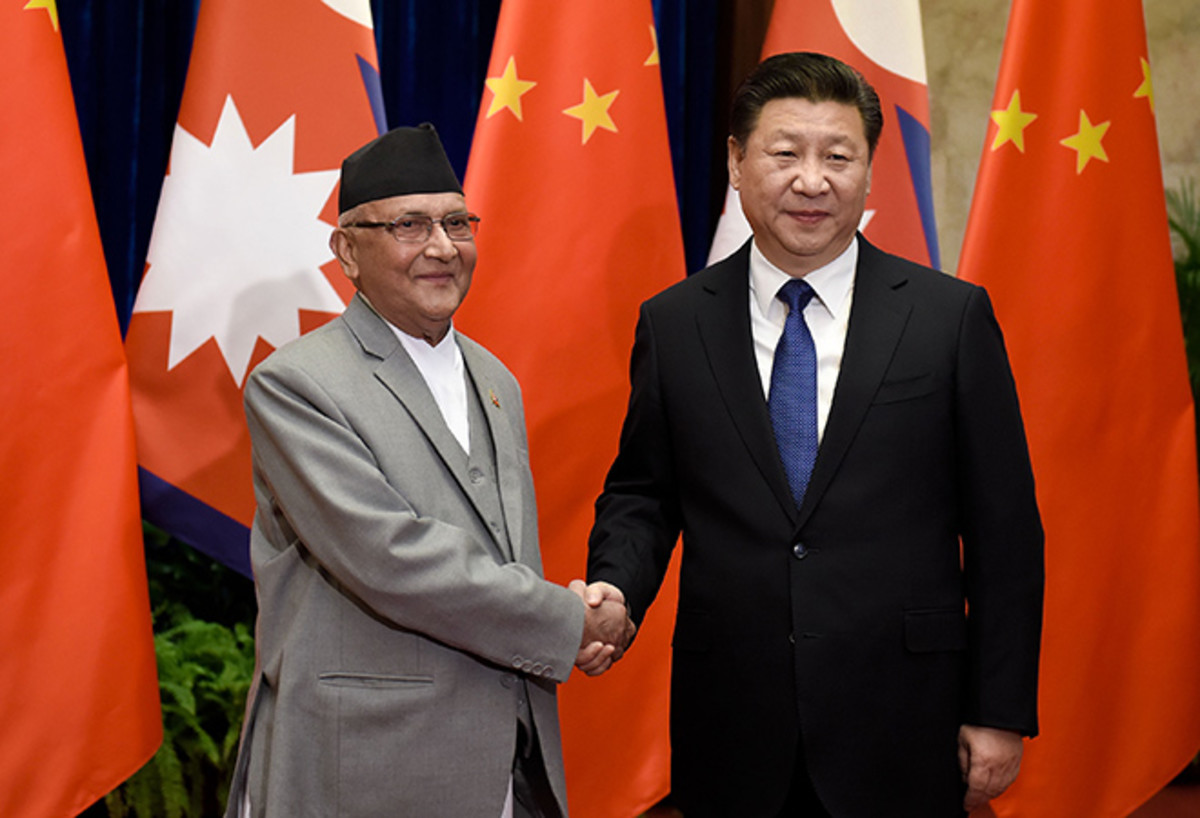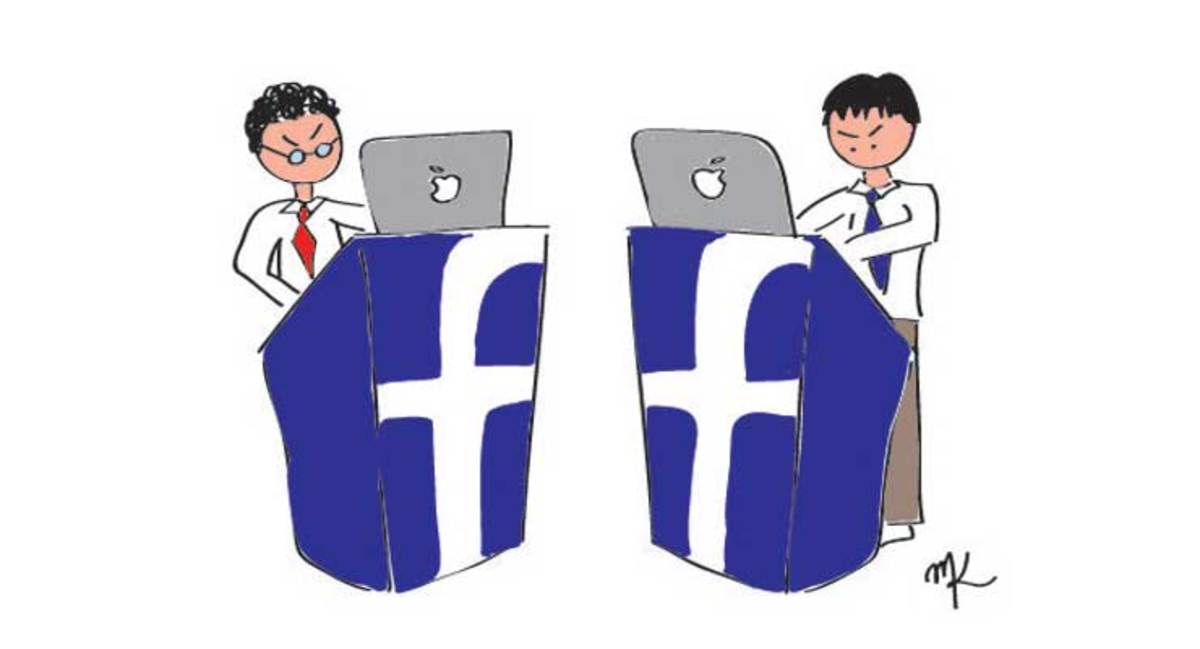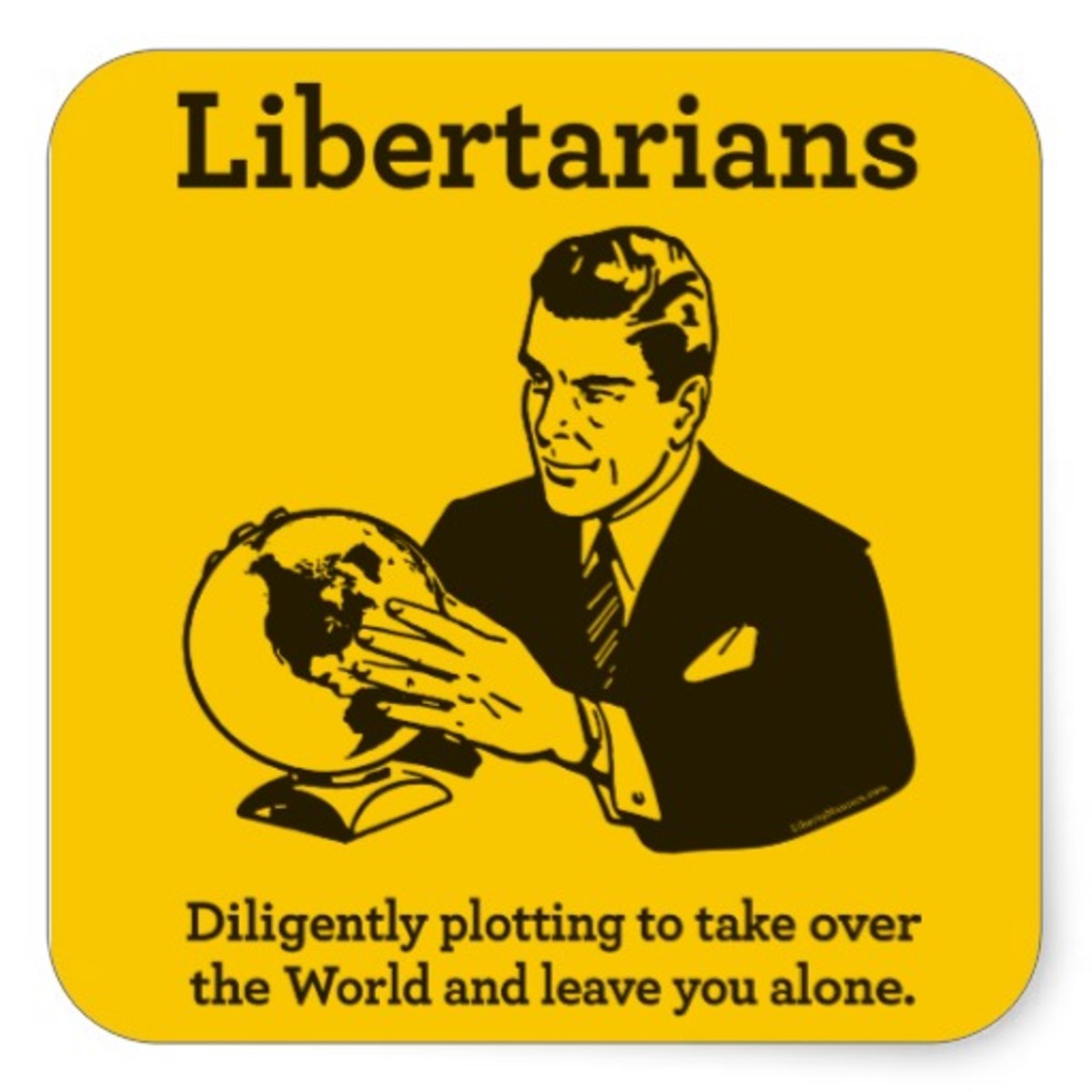The Death of Communism

We all know what Communism theory means. Karl Marx was the father of Communism. He wrote the “Manifesto of the Communist Party” (1848) along with Friedrich Engels. He dreamed of a directly democratic society. He supported a welfare state without unequal social classes. The Russian Revolution (1918) promised to make the Marxist dream come true. The next few years proved that this was a utopia. Communism died in 1989. The communist countries of Europe collapsed financially.
Their residents went hungry. Revolutions broke out. Children suffered terribly. Young people could not find jobs. They became economic migrants. They were miserable and poor. Some people died of the cold winter. The houses, the highways, the water supply systems were rotting. The Stalinist purges, the gulag, the Stasi victims ended the dream. The murdered rebels of the Hungarian revolution and the Prague Spring put an end to the communist ideal.
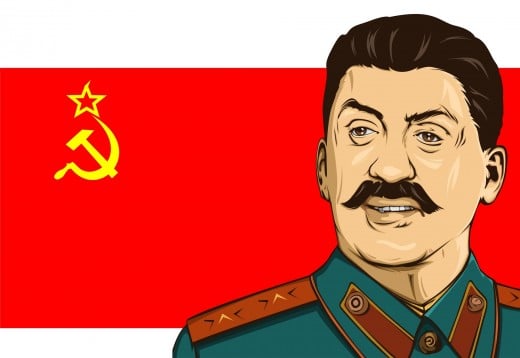
New political democracies appeared. Nowadays, there are about 60 communist parties in 50 countries. A few communist governments survive. Examples we have in Cuba, in Venezuela, and in North Korea. In countries like China or Vietnam, Communism coexists with capitalist principles. Which are the factors that led to communism death?
1. Marxists twisted Marx
Marx was opposed to Marxism outlook. He did not think social systems were timeless. Marx believed in the "historical materialism". He argued societies change. He denied that historic laws are suitable for all human communities. He supposed people are the products of their time. He never supported a political structure could keep forever. Marxists manipulated his theory. "If anything is certain, it is that I myself am not a Marxist," said Marx.
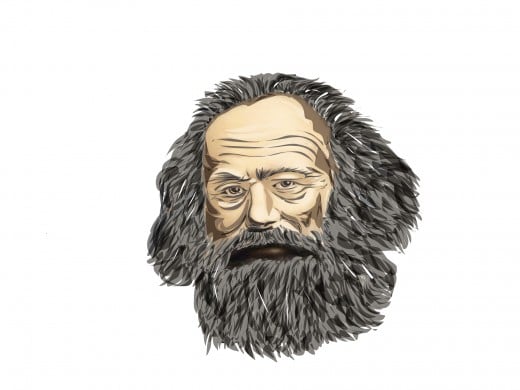
"Men make their own history, but they do not make it as they please. They do not make it under self-selected circumstances, but under circumstances existing already, given and transmitted from the past," said Carl Marx.
2. Authoritarianism
Marxists want to establish Communism as an enduring political system. They are wrong. They misinterpret this structure. They set up their own political structure. They wish to serve their interests. Leaders preach the concept of collective ownership to deceive the poor. This phenomenon is not new. In the history of power, leaders have used other tricks too. For example, the "Afterlife" theory sounded ideal to those who experienced a bad life in ancient Egypt.
People's Republic was the transitional regime of communist States. It seemed a multi-party system. However, only the communist party had the decision control. It was the ruling party. Elections were single-party affairs. Only the communists had candidates. These democracies were based on the dictatorship of the working class.
3. The Berlin wall
The builders followed the Berlin reconciliation with the Western allies. Neighborhoods were divided. People were trapped on the East side. They could not see their relatives in West. The wall became a psychosis for East Berlin. They replaced the bricks with 4 meters plates. They pulled down the buildings next to the Wall in the East part. They created a sand ring. People called it "dead zone". Only border guards were patrolling. The citizens of the next region could hardly survive. This zone followed a smaller height of three meters.
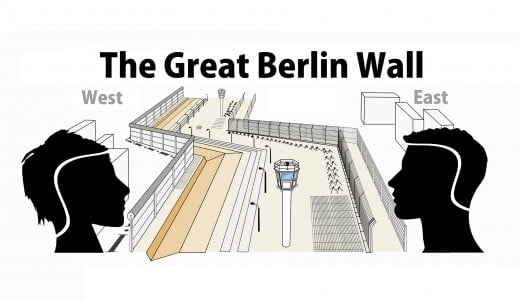
Between the exterior and the interior walls, there were anti-tank obstacles. There were mines and electrical wires. Trained dogs were patrolling with soldiers of the People's Army. The Wall had a 167.8 kilometers total length. The 45 kilometers were in the Berlin center. The other encircled West Berlin. The west inhabitants lived next to the Wall. They could see East only from afar. Citizens could not approach at a distance of 200 meters.The East Berlin homes near the Wall overlooking the West were privileged.
For security reasons, only the communist party officials lived there. The GDR was paying a large sum every year for the wall's maintenance. Deficiencies in emergency goods were high for the population. Overall, the construction cost 1.8 billion. Recent figures show that in Berlin 206 people lost their lives. In most cases, they were murdered in their attempt to cross to the West.
4. The Economic Collapse
The financial structure of socialist countries imploded. The communist economies were weakened faced with the rapid development of capitalist states. Their economy bowed to the Free Market. Liberalism prevailed over Communism. The economy needs to expand freedoms. The state interventionism with social control broke up the economy.
The main reason was that the communist theory criticized the profit pursuit. In socialist States, there were no private entrepreneurs. So, there was no competition. The state didn't allow foreign investment. The government controlled the entire monetary system.
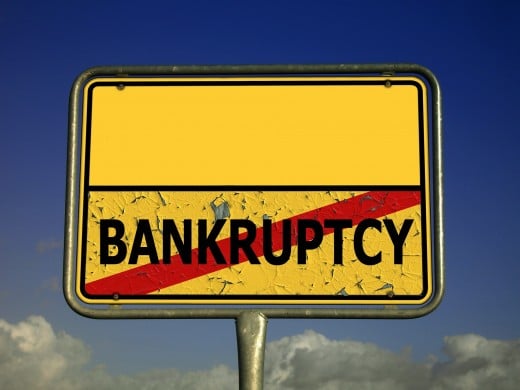
The Soviet Union had followed the Stalinist model. The heavy industry was the privileged economy field. Consumer goods were in the background. The price for maintaining a military balance was high. Soviet production diminished in the 70s. In the years 1970-1985, the economy could not compete with the West. Soviet leaders made various "reformist" attempts. But, they were unsuccessful.
The Soviet economic system could not deliver. The communist State proved a liar on Marxist prophecies. Instead of becoming the instrument of the working class, the party was dominant. So, communists created a new type of State. This regulated economy and hamper private enterprise.
5. The Broken Promises
The communist revolution promised a lot. But, leaders didn't meet their commitments. They promised heaven and brought oppression. Communist leaders guaranteed freedom and abolished all privileges.
They promised prosperity. Instead, they contributed to constant consumer goods deprivation. Communism ensured lasting peace but produced a continuous internal and external war: dictatorship, civil police, propaganda, cold war.
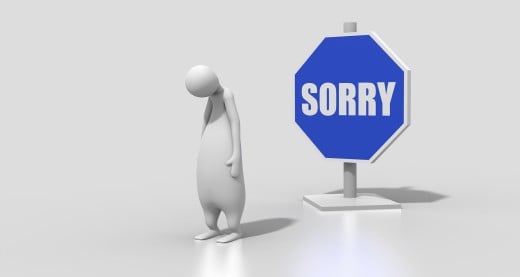
“Every cook must learn to rule the State.”
― Vladimir Lenin
Communists promised industry manufacture for consumption. But, they set up the production for the interest of the repressive State. Lenin promised that any cook would know the State Affairs. However, the communist party knew the latest chef’s Relationships.
Communism was a dream. Some restless humanitarians imagined this. They conceived a utopian future society. Ancient Greek philosophers set this ideal society. Karl Marx was the main rapporteur. The twentieth century proved his system couldn't become true. The communist project was very desirable to become practice. Communism failed.
“How do you tell a Communist? Well, it’s someone who reads Marx and Lenin. And how do you tell an anti-Communist? It’s someone who understands Marx and Lenin.”
― Ronald Reagan


